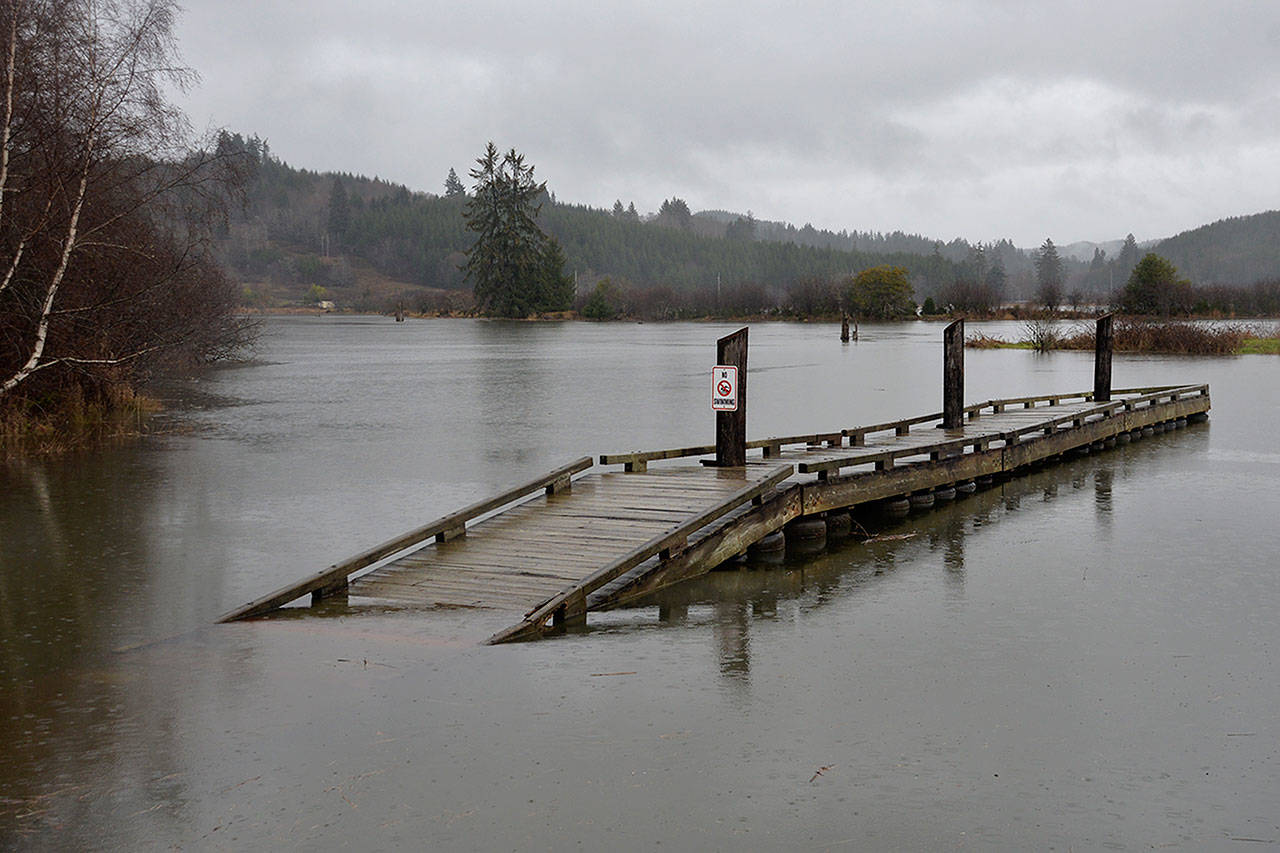Climate change is affecting water systems in Washington, and with nearly 70 percent of the state’s population living near the coastline, it will likely affect life in the state in the coming decades.
A new summary published by the University of Washington’s Climate Impacts Group consolidated a September report from the Intergovernmental Panel on Climate Change and localized it for the state. It illustrated how the state could be swept up in global changes to both oceans and the cryosphere, or Earth’s frozen regions. These places include glaciers on the Cascades and Olympics, as well as seasonal snowfall.
About 10 percent of the planet’s land is covered by glaciers or ice sheets, which coupled with permanent snow, contains roughly 70 percent of all freshwater on Earth. Some 1.35 billion people live in low-lying coastal areas or high-mountain regions, both of which are affected by either oceans or ice.
In the U.S., 42 percent of people live along the coasts, and in Washington, that percentage jumps to nearly 70.
As the planet’s average temperature has risen by about 1.8 degrees Celsius since pre-industrial times, the oceans have absorbed much of the heat. This has led to sea levels rising by roughly 6 inches between 1902 and 2015. Ice sheets at the poles have also retreated quickly, and nearly half of all coastal wetlands have been destroyed over the last 100 years, according to the report.
Coastal ecosystems are expected to keep warming, making marine heat waves that harm water quality, fish and other animals more common.
In Washington state between 2014 and 2016, the “blob” of unusually warm water off the West Coast resulted in seabird and marine mammal die-offs, according to the report. Sea surface temperatures were much warmer than average. Also in 2015, a drought led to 17 major crops experiencing reduced yields from limited water.
By 2040, it’s expected that sea surface temperature off Washington’s coasts will increase by about 2.2 degrees Fahrenheit compared to the 1970-1999 average. This will make dangerous algae blooms more likely.
Glaciers in the North Cascades also decreased by more than half between 1900 and 2009, which could increase water scarcity for crops. Average statewide snowpack is projected to decline under current emissions projections by up to 70 percent by the 2080s. More precipitation in the winter will likely fall as rain, increasing winter flood risks.
The report noted that the Paris Climate Agreement set a goal of limiting warming to 1.5 degrees Celsius, or about 2.7 Fahrenheit. Greenhouse gas emissions must be dramatically lowered to hit that target. Globally, the report said there needs to be a more than 90 percent reduction in greenhouse gas emissions by 2050 to hit the target.
Talk to us
Please share your story tips by emailing editor@kentreporter.com.
To share your opinion for publication, submit a letter through our website https://www.kentreporter.com/submit-letter/. Include your name, address and daytime phone number. (We’ll only publish your name and hometown.) Please keep letters to 300 words or less.

